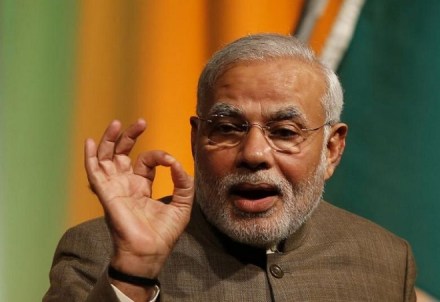Fresh from his bear hug with President Donald Trump, Prime Minister Narendra Modi is back in India and ready to unveil one of the country’s biggest economic reforms since independence in 1947.
On July 1, Modi’s government will introduce one national goods-and-services tax for the whole country, abolishing overnight more than a dozen state and federal taxes that businesses have to contend with when selling wares to India’s vast market of 1.3 billion people.
Various governments have spent more than a decade trying to get it through and Modi’s advisers say the change could be enough to boost Indian GDP by 2 percent — catapulting the growth rate well ahead of China’s. It will be Modi’s most significant achievement in his three years in power.
If it succeeds, that is. The process will be messy and even when it’s done, businesses will have to contend with a complex tax structure involving four separate rates and dozens of exemptions. Even Indian companies say their tax consultants are confused.
Right now, Modi is in a strong position ahead of India’s 2019 national elections. But a botched rollout could hurt his image as a man who gets things done.
